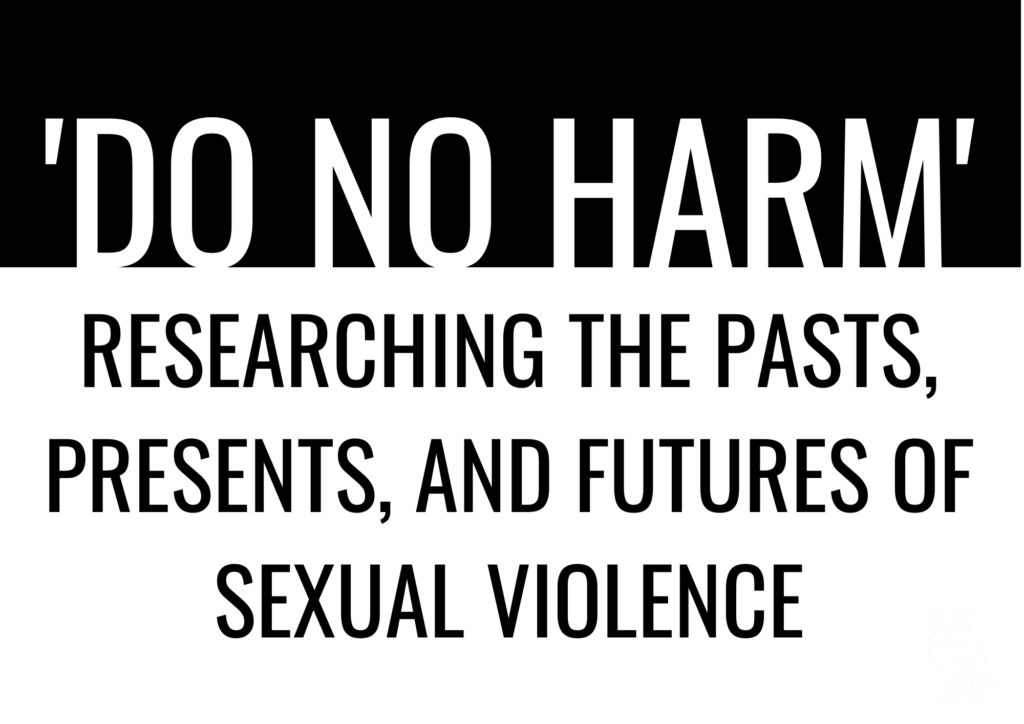
In the last twenty years, we have witnessed protests and acts of resistance against sexual violence in its many forms around the world. #MeToo is only the latest articulation of anger against a contested and highly politicised form of violence that continues to be an omnipresent threat to women and children. While substantial legal and social gains have been made in some parts of the world over the past five decades, the violence continues. Harmful rape myths and stereotypes, often racialized, endure and shape who society sees as victims and perpetrators. The legal, medical, and criminal justice systems repeatedly fail victims and survivors. Violence prevention programmes continually place the onus on women and children to monitor their own behaviour. Those whose identities are marginalised or ‘othered’ such as trans and non-binary people, immigrants, or people with disabilities are targeted for abuse and often failed by services set up to support them.
This conference explored sexual violence from a historical perspective. What can historical research reveal about sexual violence in both the past and present, and how can such research help us to think constructively about the future? How can researchers overcome the significant methodological challenges inherent in such scholarship? How can academics, activists, and practitioners work together in these endeavours? The papers were from cross-disciplinary perspectives, as well as from activists and practitioners working in the gender-based violence sector. They presentations focused on a wide variety of historical periods and locations, providing perspectives from beyond Europe and the Global North. The conference also featured a number of workshops that brought together academics, activists, and practitioners to facilitate knowledge exchange between sectors and across disciplines.
The final programme and safeguarding information for the conference is available here: DNH – Programme Booklet